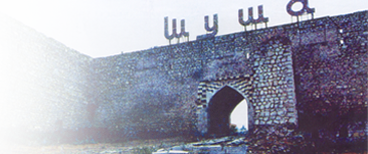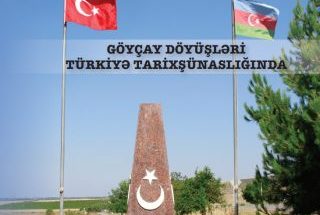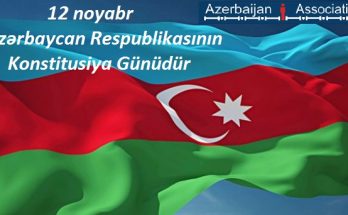 Interview with American expert, visiting scholar of Columbia University, David Phillips.
Interview with American expert, visiting scholar of Columbia University, David Phillips.
The date of April 24th which is a “genocide” day for Armenians is coming closer. Many believe there will be some activeness coming from Turkey, concerning the protocol ratification. What, in your opinion, may be happening on this date, or close to it?
The Protocols represent a bilateral agreement between Turkey and Armenia. There is no linkage to Nagorno Karabakh. This was expressed by Prime Minister Erdogan to President Obama when they met last April. It was widely perceived last year that Turkey was heralding its signing of the protocols to effect international recognition of the Armenian genocide. I don’t think anyone will be interested in that happening again.
The Constitutional Court of Armenia accepted the Ankara-Yerevan protocols, but with some reservations. Turkey claims that the protocols must proceed the way they first were presented. Now, how do you assess the decision of Armenian court to change the protocols? Do you believe that such course of events can actually damage the whole ratification process?
Only opponents of the Protocols have identified differences between the Constitutional Court’s decision and the text, as far as I am aware. Even those perceived differences are not significant overall. The United States joined with others in hailing the Court’s decision as a necessary and positive step toward ratification. Inaction has already been damaging and will ultimately undermine the historic opportunity represented by the Protocols.
Media reports say the meeting of Armenian, Azerbaijani and Russian presidents in Sochi were positive. What, in your opinion, should be expected next on the Nagorno-Karabakh conflict issue?
It is important that both sides continue to meet at a high level and work sincerely towards resolution. This impasse has gone on for too long. Displaced Azeris should be able to return to their homes in the provinces surrounding Karabakh and the international community should do its part to create conditions of security and support rehabilitation of communities affected by conflict. Continuing to use the issue as a political tool has done enough harm. Constraints imposed on contact and cooperation between civil society representatives also undermines confidence building and progress.
There’s an expert opinion in Yerevan that the Armenian government is not only not interested in actually doing something to resolve the Karabakh conflict with Azerbaijan, but is also unable to do it. How can you comment on that? How true is it?
This perception is incorrect. The Armenian government has stated both publicly and privately that they are willing and able to solve the problem. Since the status quo isn’t in their interest, there’s no reason to think otherwise. The United States is highly motivated to make progress. It is working through the Minsk Group and bilaterally with concerned government to resolve issues concerning Nagorno-Karabakh. The Obama Administration has made clear its commitment to multilateralism. The cooperation of other countries, especially Russia, is essential.
today.az



